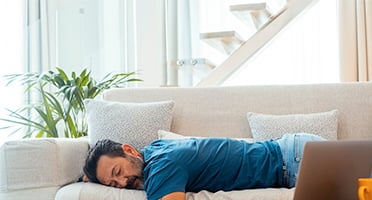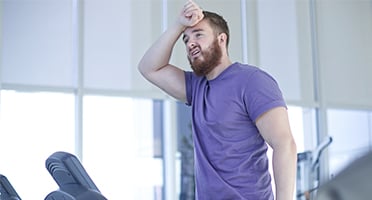
New Year’s resolutions are made with the best intentions—hitting the gym, eating healthier, and committing to self-improvement. Millions of people dive in, signing up for memberships, filling their fridges with fresh produce, and stacking self-help books on their nightstands. But as the months go by, workouts slow down, nutritious meals are replaced with convenience foods, and those books remain unread. Why do so many resolutions fail? One major factor that often gets overlooked is sleep. Poor sleep can derail motivation and energy, making it harder to stick to your goals. Let’s explore how a sleep test could be the key to staying on track.
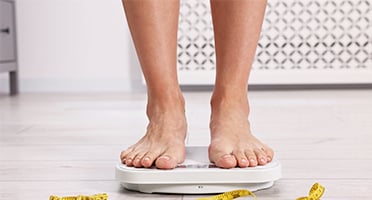
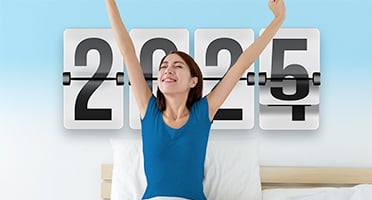
As 2024 draws to a close, it's the perfect time for both Medicare beneficiaries and those with private insurance to take a closer look at their health coverage and consider prioritizing their sleep health. Many people don't realize that they may have already met their annual deductible, opening up an opportunity for more affordable healthcare. At SleepTest.com, we want to help you take advantage of these potential savings while addressing your sleep concerns.
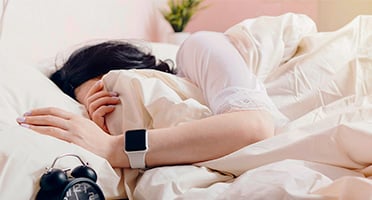
The world of wearable technology is making waves in sleep medicine, with Apple and Samsung at the forefront of innovation. These tech giants are now offering groundbreaking tools to detect sleep apnea, a common yet often undiagnosed sleep disorder. At SleepTest.com, we're thrilled to dive into these advancements and explore their potential impact on sleep health.
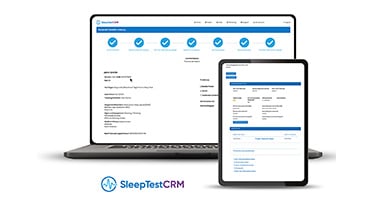
As a healthcare provider, offering patients convenient and accurate diagnostic tools is crucial for delivering high-quality care. When it comes to sleep apnea testing, SleepTest.com provides an excellent solution that can benefit both you and your patients. SleepTest.com provides streamlined patient care options that allow in-home testing, a solution more appealing to many people from start to finish.

Many of your patients may not get how severe Obstructive Sleep Apnea (OSA) is when left untreated. If their at-home sleep study indicates mild sleep apnea, they may not see the need for immediate treatment, and some people are likely to put off sleep apnea treatment indefinitely.

In recent articles, we’ve discussed how to explain why dentists are treating Obstructive Sleep Apnea, and we’ve given some guidance regarding explaining what to expect with a home sleep study. Let’s now look at some of the most frequently asked questions about sleep apnea you’re likely to get asked during a new patient appointment.

Understanding the symptoms and available tests is crucial if you suspect you have Obstructive Sleep Apnea (OSA) or have been recently diagnosed. The terrible sleep, the waking up feeling tired, the daytime fatigue, the sore throat in the mornings, headaches, and the lack of concentration and memory.
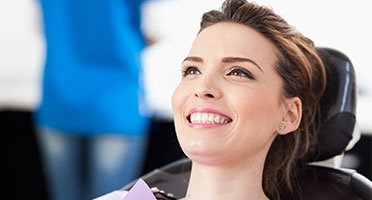
If you're a dentist who treats sleep apnea, you've probably heard this question more than once. Many of your patients with Obstructive Sleep Apnea will likely have been to medical doctors for treatment. Some may already be using CPAP and cannot tolerate it. Others will have been to other dentists who did not have the education and training to treat this complex but prevalent breathing-related sleep disorder.


